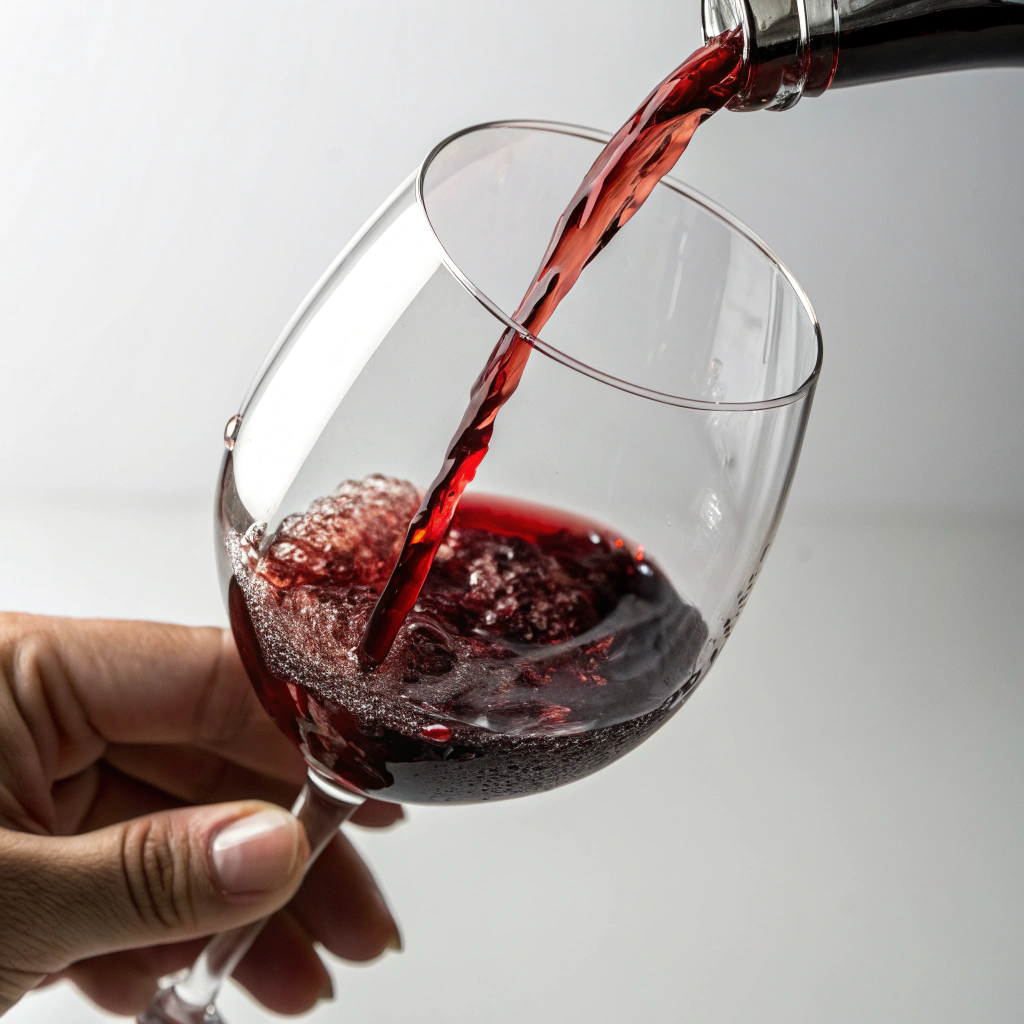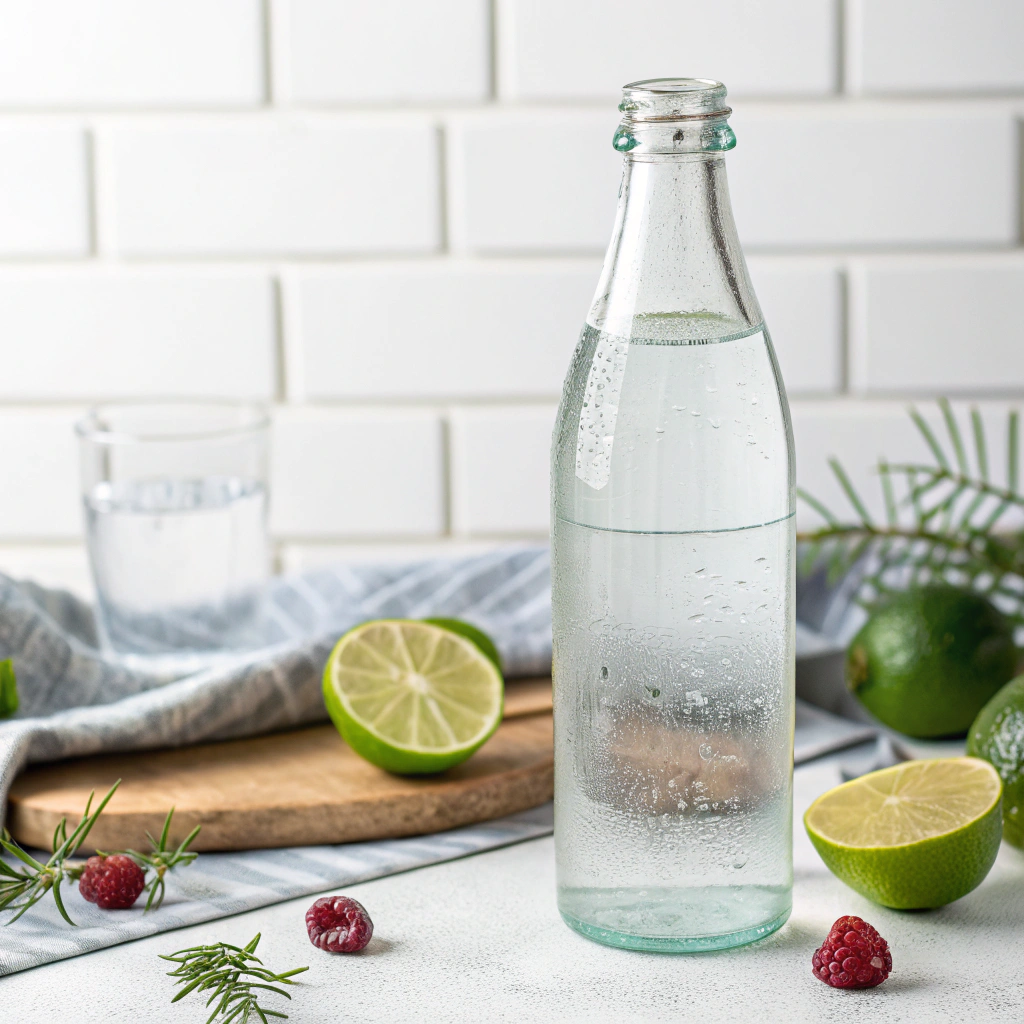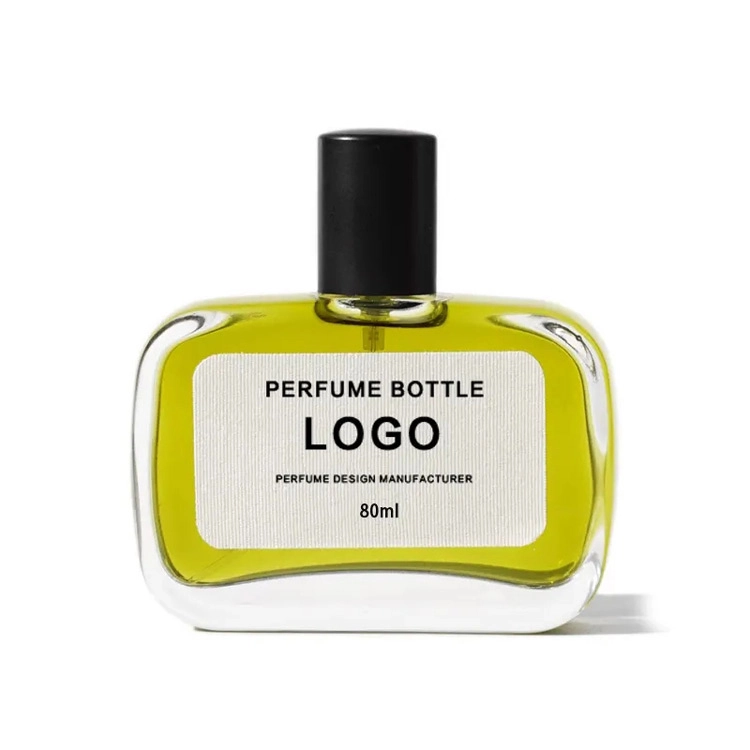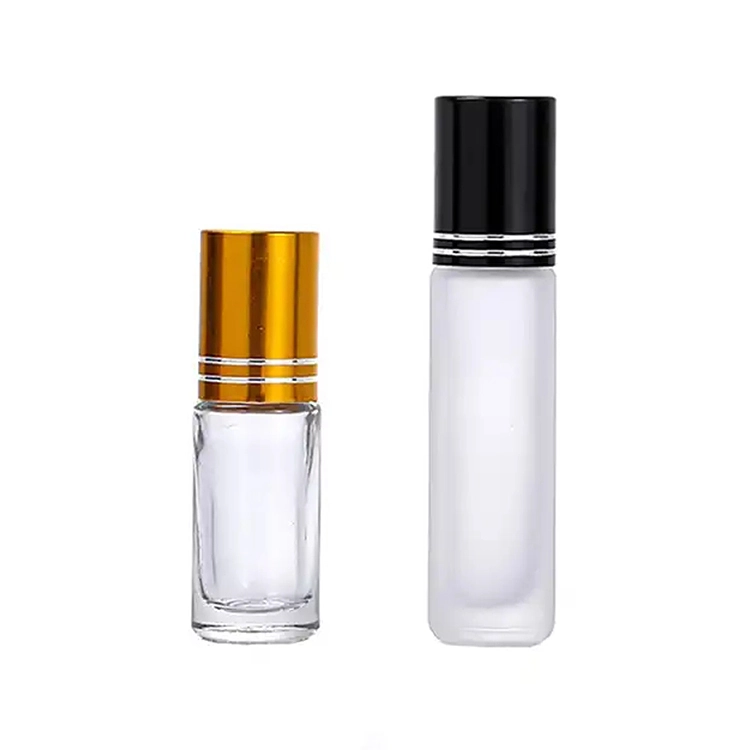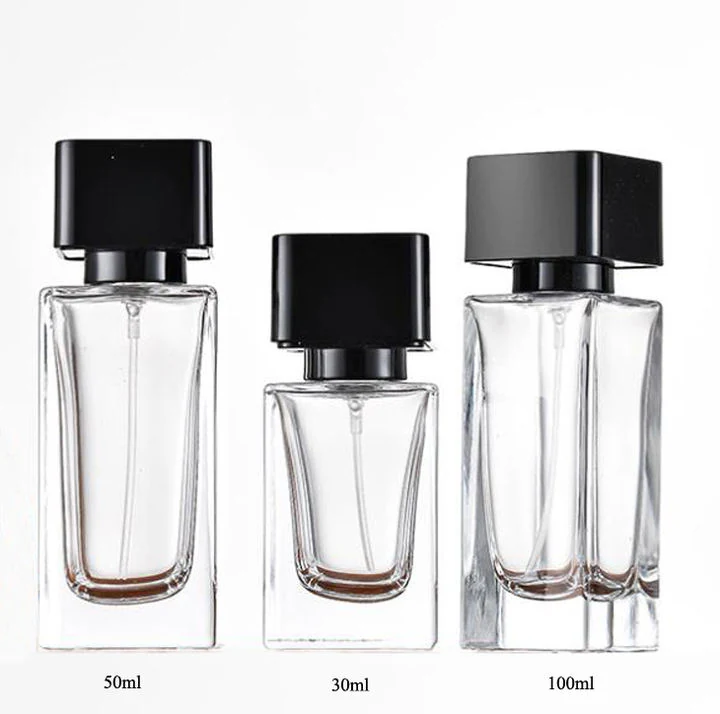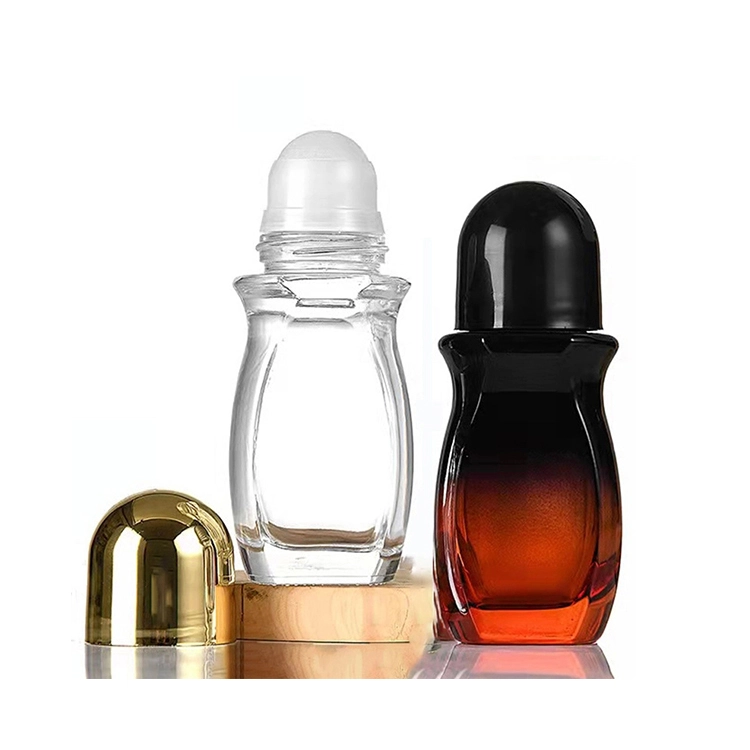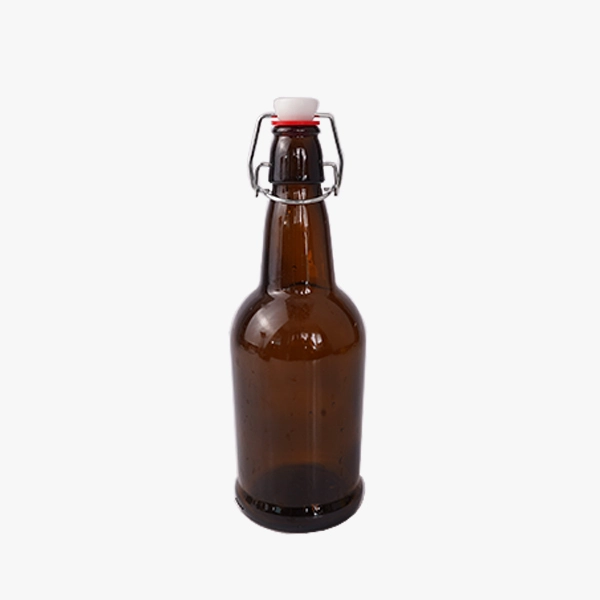
Part 1: Market Size and Growth
Fiji’s glass bottle industry is shaped by its strong beverage and tourism sectors. Beer, rum, soft drinks, and mineral water make up most of the demand for glass bottles. Tourism plays a major role, as resorts and hotels favor glass packaging for its premium appeal.
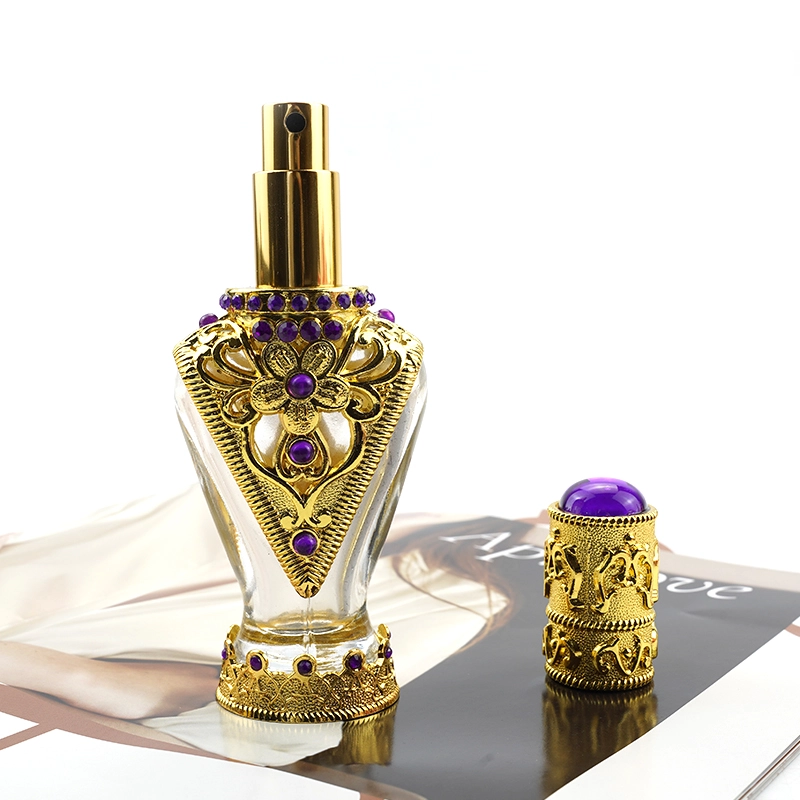
Most glass bottles in Fiji are imported from Australia, New Zealand, and Asia. Local companies focus on bottling and branding while relying on regional suppliers for containers. This dependence on imports makes logistics and trade policies critical.
With Fiji’s growing commitment to environmental sustainability, glass bottles are preferred over plastics. Their durability, recyclability, and premium presentation make glass a vital part of the market.
Part 2: Leading Companies
Paradise Beverages (Fiji) Limited
Paradise Beverages, founded in 1957 and now part of Coca-Cola Europacific Partners, is Fiji’s largest beverage company. It produces popular beers and rums, all packaged in glass bottles.
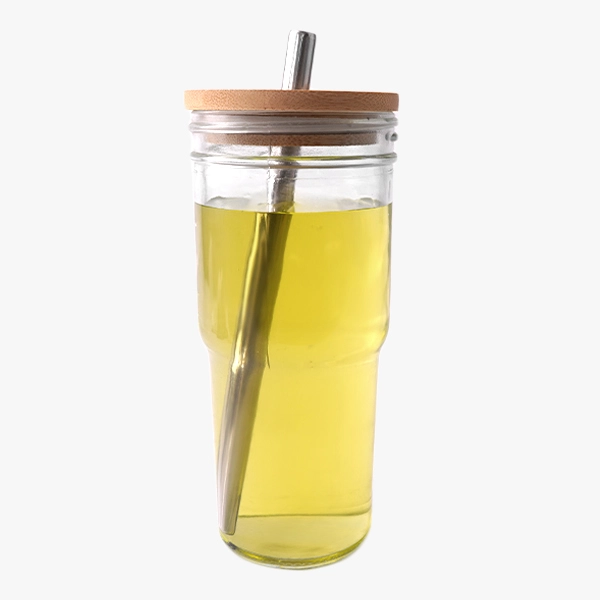
Its portfolio includes Fiji Bitter, Fiji Gold beer, Bounty Rum, and Regal Gin. Glass bottles are essential for its premium branding and exports.
The company runs bottle reuse and recycling programs. It holds international certifications for quality and sustainability practices.
Coca-Cola Europacific Partners Fiji
Coca-Cola operates in Fiji through a regional subsidiary, producing and distributing soft drinks. While PET bottles are common, glass bottles remain a staple for hospitality and premium sales.
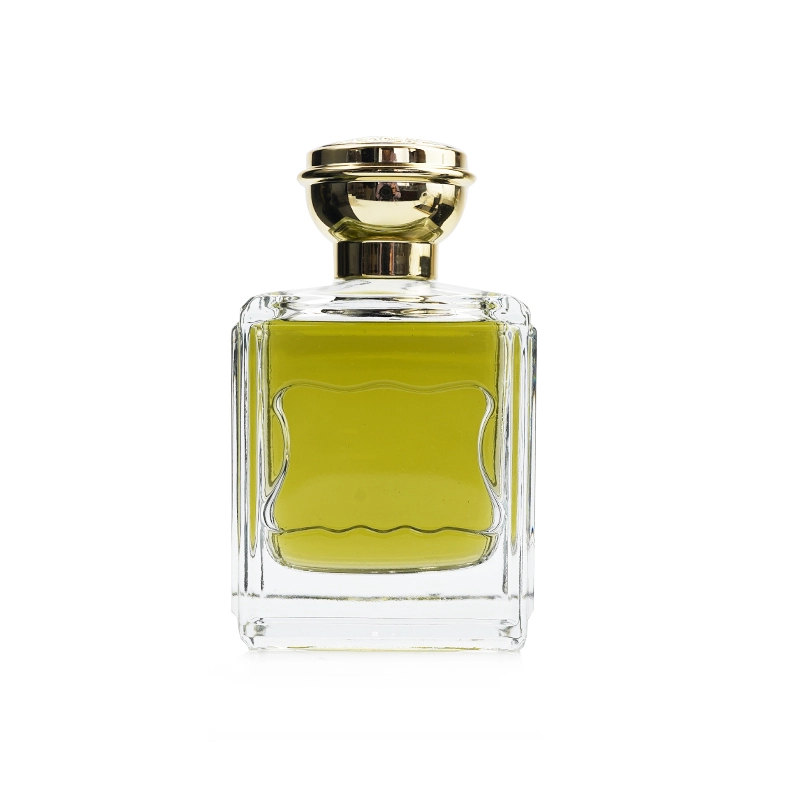
Its products include Coca-Cola, Sprite, and Fanta in glass bottles. These glass formats are key in tourism and export markets.
The company emphasizes eco-friendly packaging initiatives and is certified under Coca-Cola’s global safety and sustainability standards.
Local Craft Distilleries and Agro Producers
Fiji also has small-scale distilleries and agro-food producers who package rum, fruit wines, sauces, and honey in glass bottles. These cater to niche markets and export buyers.
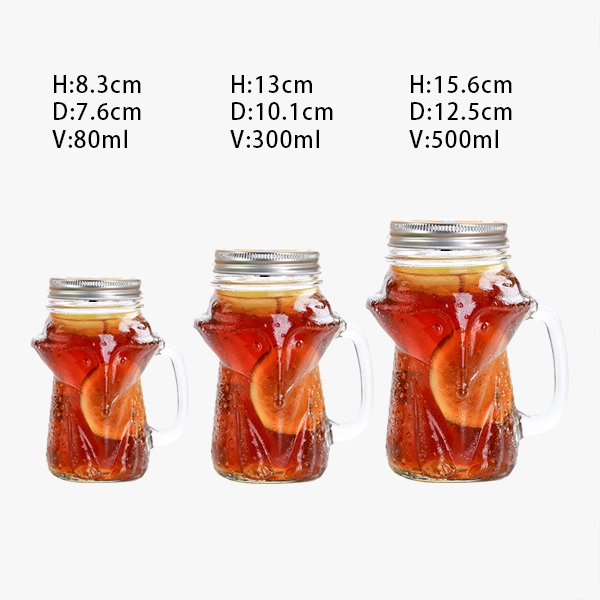
Their products include artisanal rum bottles, hot sauce jars, and specialty honey containers. Glass enhances authenticity, branding, and cultural appeal.
Many rely on imports for bottles but invest in custom labeling and premium packaging to reach international markets.
| Company | Founded | Core Products | Industries | Certifications |
|---|---|---|---|---|
| Paradise Beverages (Fiji) Ltd. | 1957 | Beer bottles, rum bottles, gin bottles | Breweries, spirits | ISO, Sustainability Standards |
| Coca-Cola Europacific Partners Fiji | 20th century | Soft drink bottles | Beverages, hospitality | Global Quality Certifications |
| Local Craft Distilleries & Agro Producers | Various | Rum bottles, sauce jars, honey | Spirits, agro-food, exports | Local & Export Standards |
Part 3: Trade Shows and Industry Events
Fiji International Trade Expo
The Fiji International Trade Expo is one of the country’s most important events, featuring food, beverages, and packaging. Beverage companies present their glass-packaged products here. It is a key hub for industry networking.
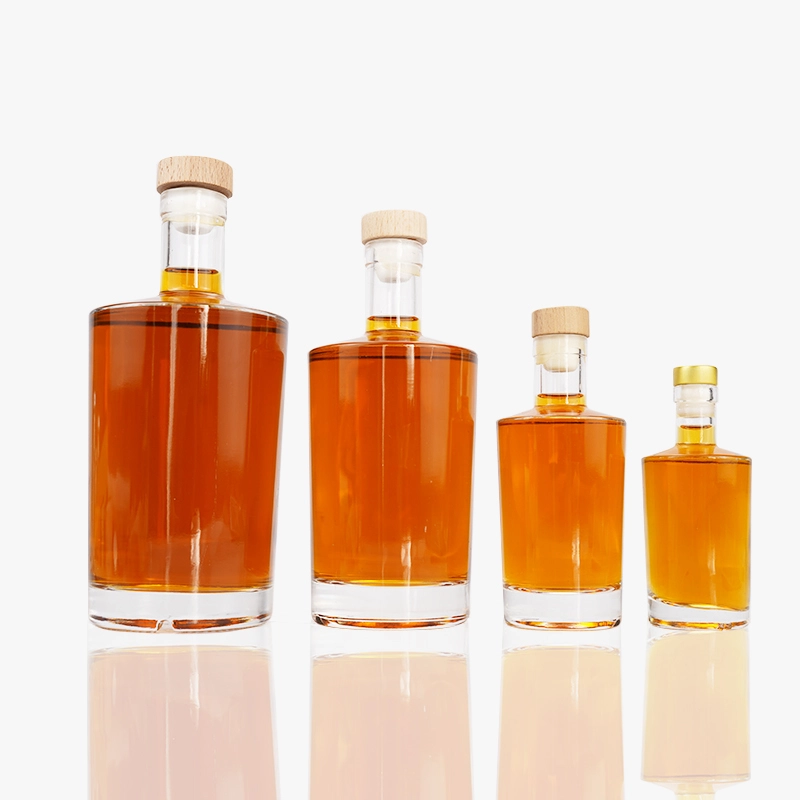
Held annually in Suva, it attracts exhibitors from across the Pacific. Highlights include beverage launches, packaging innovation, and sustainability initiatives.
Pacific Islands Food & Beverage Expo
Fijian producers also participate in the Pacific Islands Food & Beverage Expo, which brings together companies from across the region. Glass packaging is a major feature, especially for rum and beer exports.
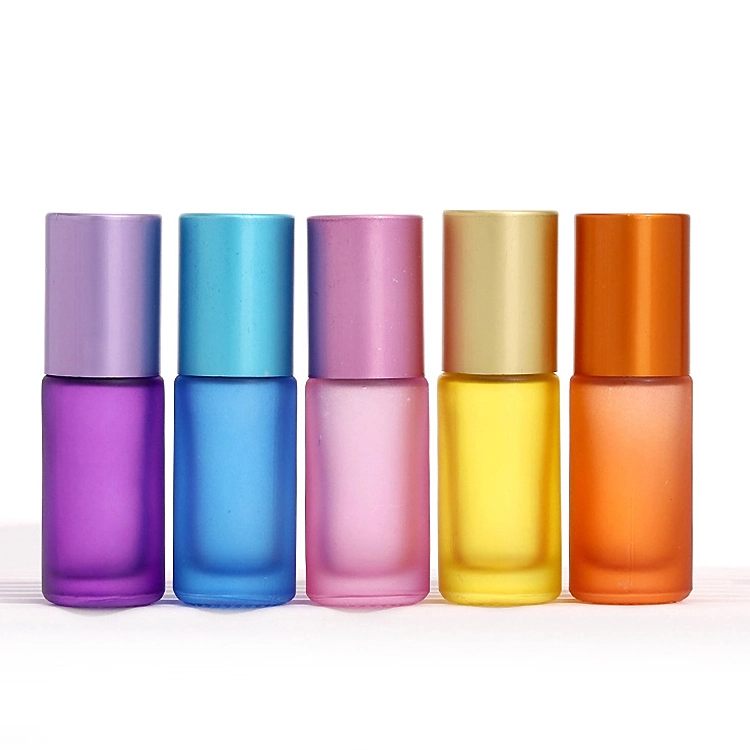
The event rotates among Pacific capitals, showcasing eco-friendly packaging, premium branding, and export opportunities.
| Event | Date | Location | Highlights |
|---|---|---|---|
| Fiji International Trade Expo | Annual | Suva, Fiji | Beverage packaging, sustainability programs |
| Pacific Islands Food & Beverage Expo | Annual | Pacific region (rotating) | Glass packaging, premium branding, export networking |
Part 4: Impact of Global Trade Policies
Fiji relies heavily on imported glass bottles, making trade agreements with Australia, New Zealand, and Asia critical. Shipping costs and global supply chain disruptions directly affect local producers. This reliance creates risks for supply stability.
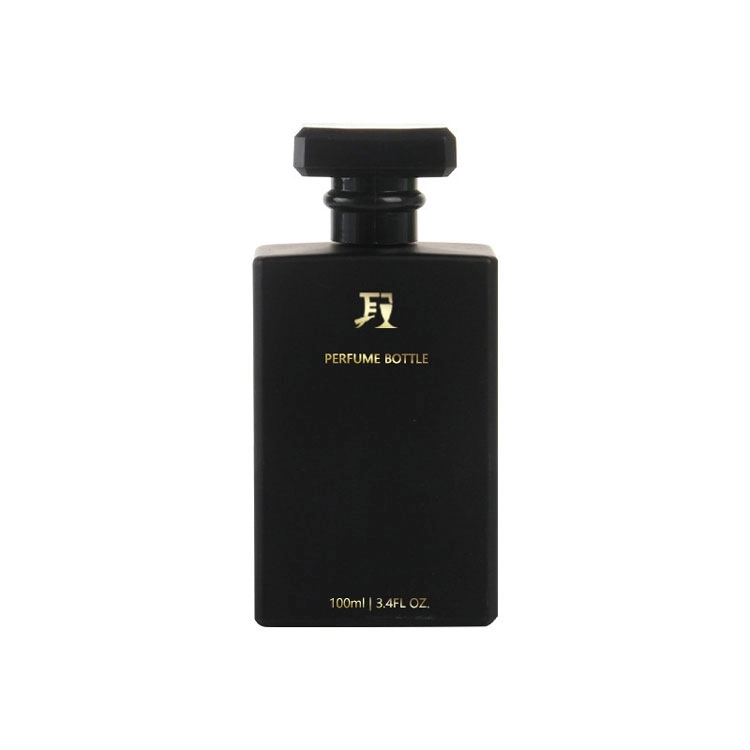
As a member of the Pacific Islands Forum, Fiji benefits from regional trade integration. This cooperation eases import barriers and supports industry growth.
Global sustainability initiatives also encourage glass recycling and reuse. By aligning with eco-friendly standards, Fijian producers can expand exports and meet the demands of environmentally conscious consumers.
Part 5: Conclusion
Fiji’s glass bottle industry is led by Paradise Beverages and Coca-Cola, alongside small craft distilleries and agro producers. Tourism, exports, and eco-friendly policies keep glass packaging in strong demand.
Challenges include reliance on imports, high freight costs, and limited domestic production. The industry’s future will depend on regional partnerships, recycling systems, and premium branding for export markets.
Recommended Reading:
- Glass Bottle Manufacturers in Eswatini
- Glass Bottle Manufacturers in Eritrea
- Glass Bottle Manufacturers in Equatorial Guinea
- Glass Bottle Manufacturers in El Salvador
- Glass Bottle Manufacturers in Dominican Republic
- Glass Bottle Manufacturers in Romania
- Glass Bottle Manufacturers in Dominica
- Glass Bottle Manufacturers in Djibouti
Hexagon Honey Jars Wholesale 20ml 50ml 100ml 120ml 150ml
50Ml Clear Glass Perfume Bottle With Silver Spray Cap
Plastic Perfume Cap (ABS PP)
Colorful Frosted Cylinder Perfume Bottle 100ml

